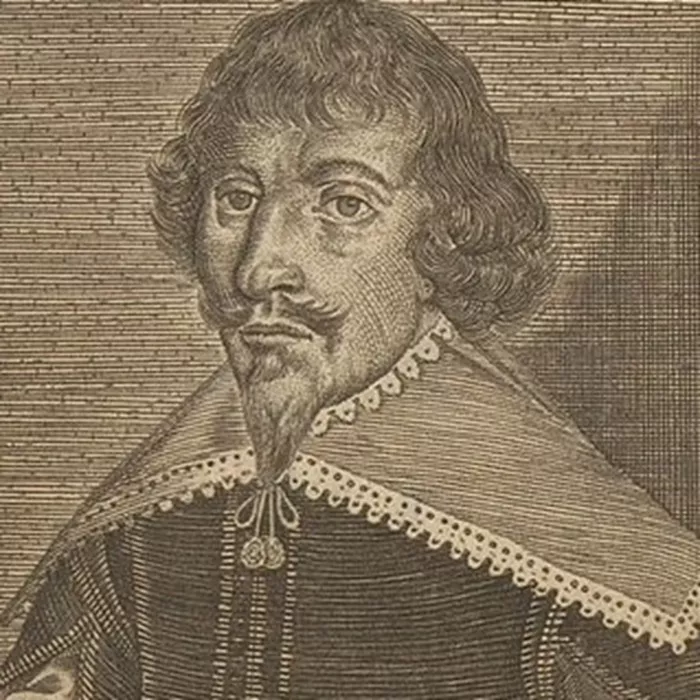
Martin Opitz
Martin Opitz (1597–1639) was a pioneering figure in German Baroque poetry, renowned for his influential literary theory outlined in Buch von der Deutschen Poeterey. This work established critical standards for German poetry, promoting clarity and classical form. Opitz’s emphasis on structure and style profoundly shaped the development of early modern German literature, setting a lasting precedent.
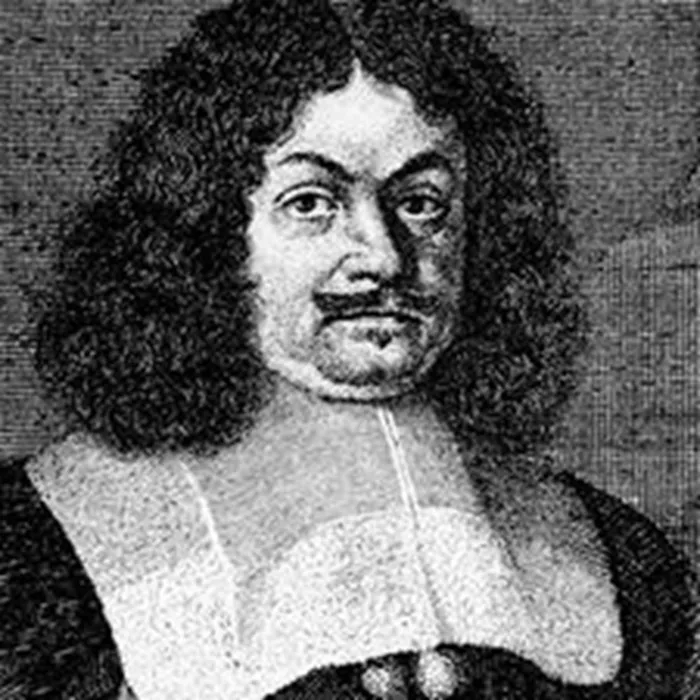
Andreas Gryphius
Andreas Gryphius (1616–1664) was a leading German Baroque poet whose work reflects the existential anxieties of his time. His poetry, marked by its deep emotional resonance and thematic focus on mortality and transience, provides a poignant commentary on the ravages of the Thirty Years’ War. Gryphius’s masterful use of language and form solidified his place in 17th-century literature.
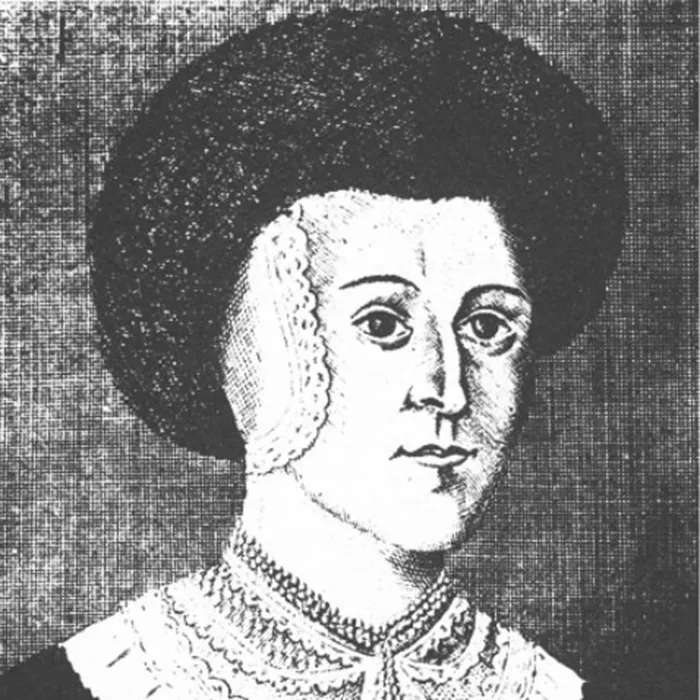
Anna Ovena Hoyer
Anna Ovena Hoyer (1584–1655) Hoyer was a prominent German poet whose work was influential in Protestant religious circles. Her poetry often engaged with theological and political issues, reflecting her strong Protestant beliefs and critique of contemporary authorities. Hoyer’s bold and thoughtful verse contributed significantly to the religious and literary discourse of 17th-century Germany.
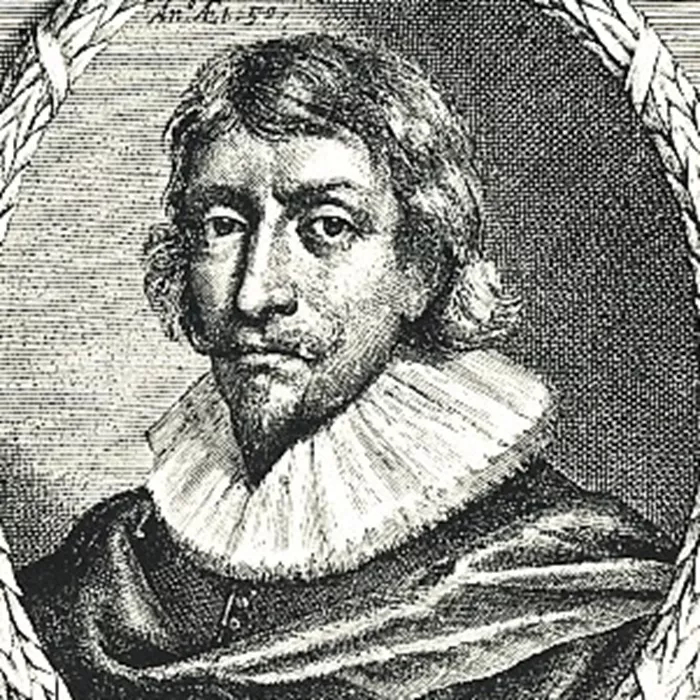
Georg Rudolf Weckherlin
Georg Rudolf Weckherlin (1584–1653) was a German poet who played a crucial role in introducing Renaissance poetic forms to Germany. His work, influenced by French and English poetry, was known for its refinement and versatility. Weckherlin’s innovative approach helped modernize German literature, blending classical influences with contemporary themes to enrich the poetic tradition.
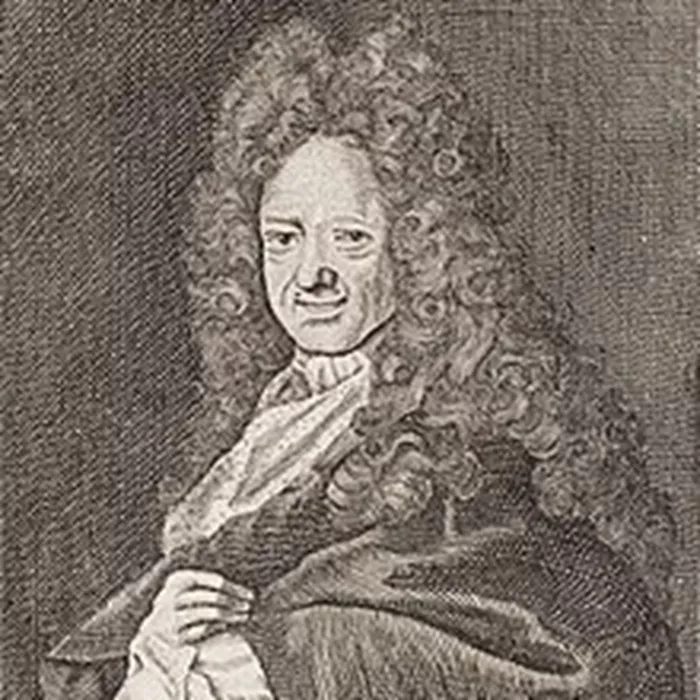
Christian Weise
Christian Weise (1642–1708) was a German poet and dramatist celebrated for his satirical and moralistic works. His poetry, characterized by sharp wit and critical insight, often tackled societal and human issues with humor. Weise’s contributions extended beyond literature to education and drama, where his innovative methods and perspectives left a lasting impact on 18th-century German thought.
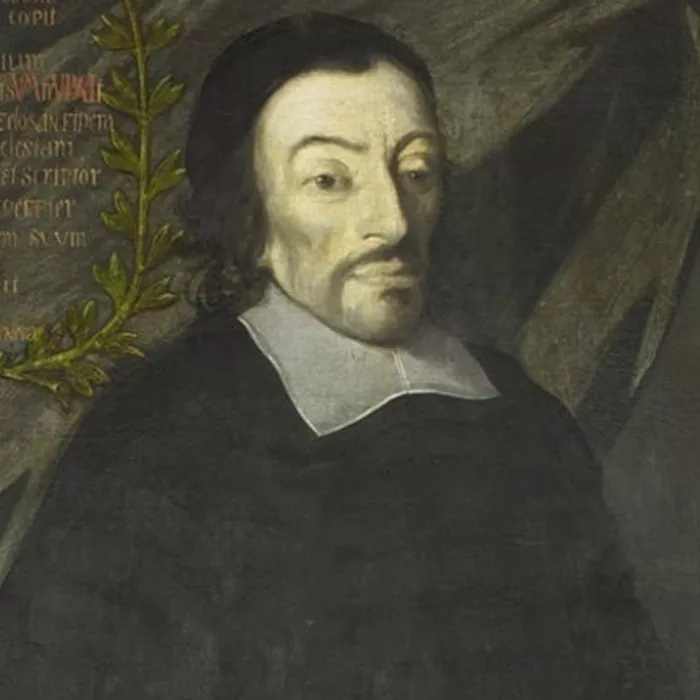
Angelus Silesius
Angelus Silesius (1624–1677), a mystic poet and theologian, is renowned for his profound and enigmatic verse in The Cherubic Pilgrim. His poetry explores mystical themes of divine union and spiritual enlightenment, marked by its concise and contemplative style. Silesius’s work remains influential in the study of Baroque and mystic literature, reflecting his deep spiritual insight.
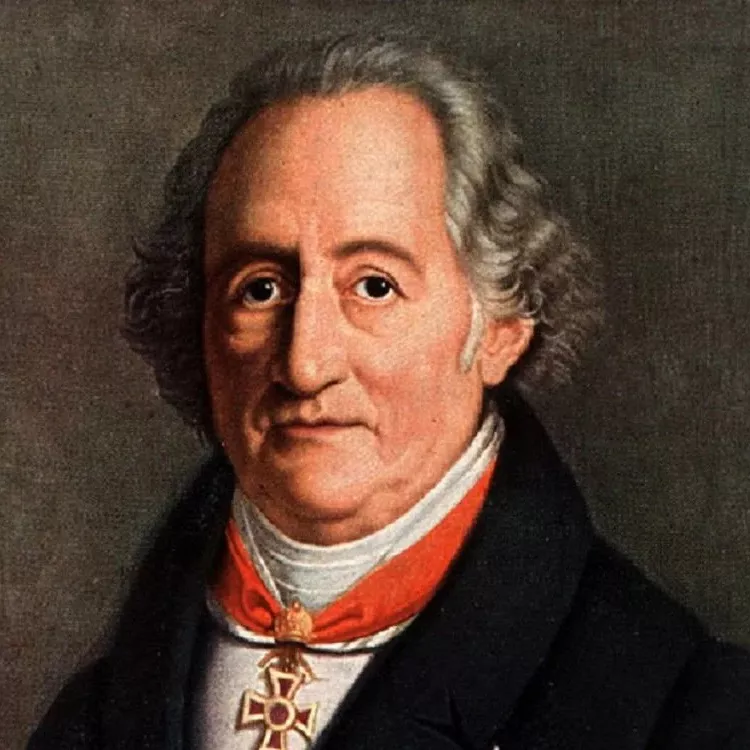
Johann Wolfgang von Goethe
Johann Wolfgang von Goethe (1749–1832) was a towering figure in German literature whose work spanned poetry, drama, and prose. His magnum opus, Faust, delves into themes of ambition and redemption, reflecting his profound philosophical and literary explorations. Goethe’s innovative contributions to Romanticism and his influence on Western literature make him a central figure in literary history.
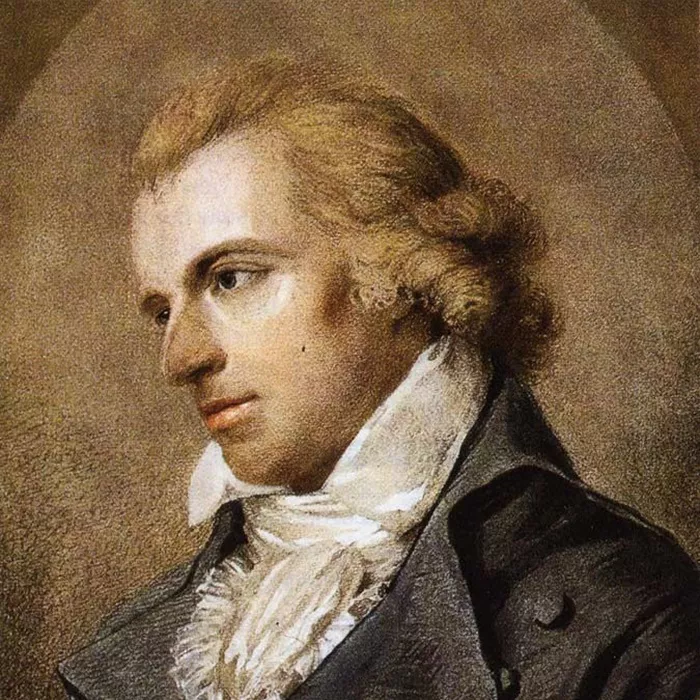
Friedrich Schiller
Friedrich Schiller (1759–1805) was a prominent German playwright and poet, renowned for his dramatic works and philosophical poetry. His plays, such as William Tell and Maria Stuart, explore themes of freedom, justice, and human dignity. Schiller’s contributions to the Sturm und Drang movement and his collaboration with Goethe significantly shaped German literary and intellectual thought.
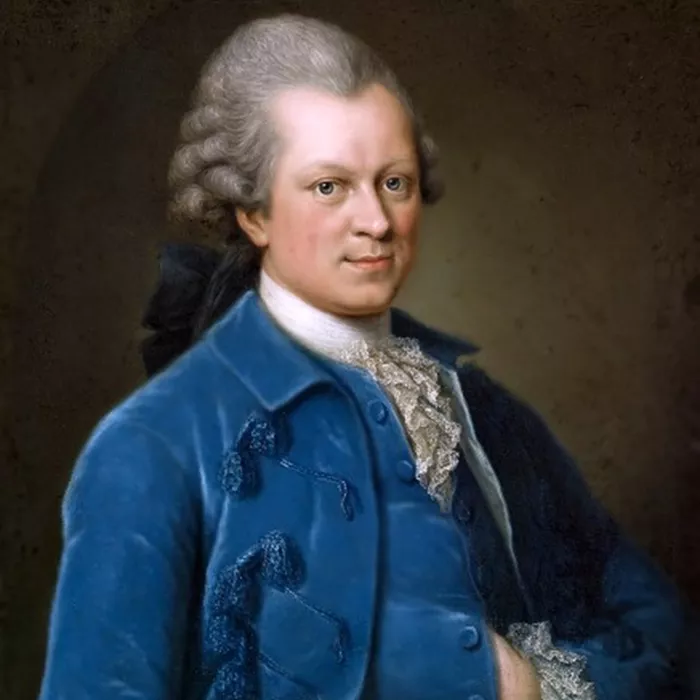
Gotthold Ephraim Lessing
Gotthold Ephraim Lessing (1729–1781) was a leading German writer and critic whose works influenced the Enlightenment and early Romanticism. His plays, including Nathan the Wise, and his critical essays on aesthetics and theatre, challenged religious dogma and promoted tolerance and rationality. Lessing’s contributions to German literature and thought made him a pivotal figure in intellectual history.
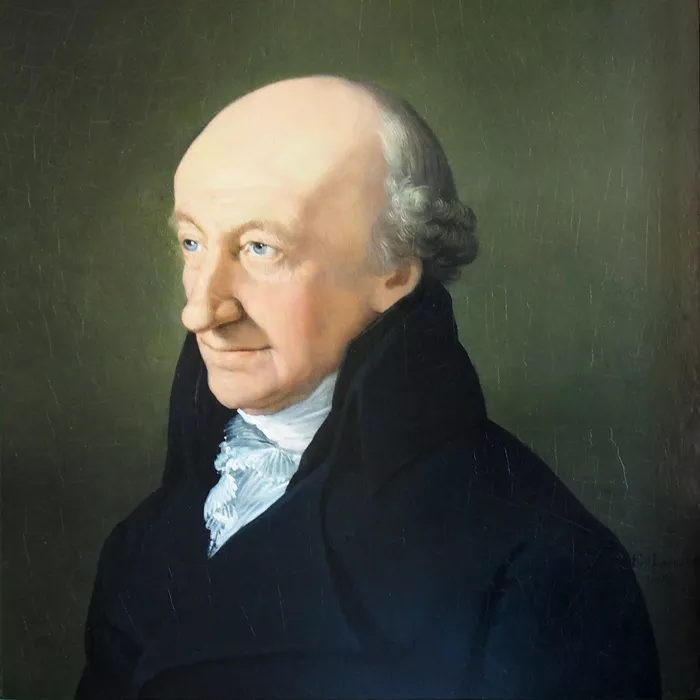
Christoph Martin Wieland
Christoph Martin Wieland (1733–1813) was a distinguished German poet, novelist, and translator known for his contributions to Enlightenment literature. His works, including The History of Agathon, blend classical forms with modern sensibilities, reflecting his deep engagement with philosophical and moral issues. Wieland’s literary innovations and his role in shaping German Romanticism mark him as a key figure in literature.
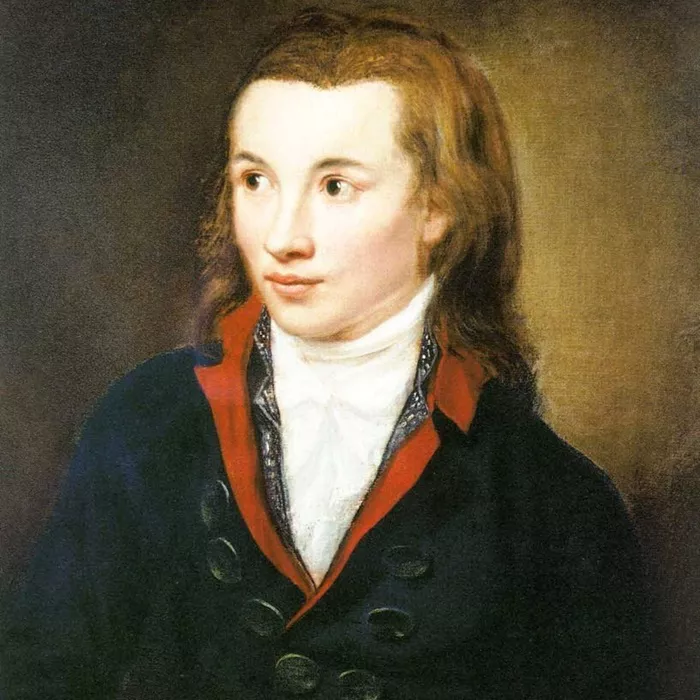
Novalis
Novalis (1772–1801), the pen name of Georg Philipp Friedrich Freiherr von Hardenberg, was a German Romantic poet and philosopher. His mystical and lyrical works, such as Hymns to the Night, explore themes of love, nature, and spirituality. Novalis’s writings, characterized by their philosophical depth and poetic imagination, significantly influenced the development of German Romanticism.
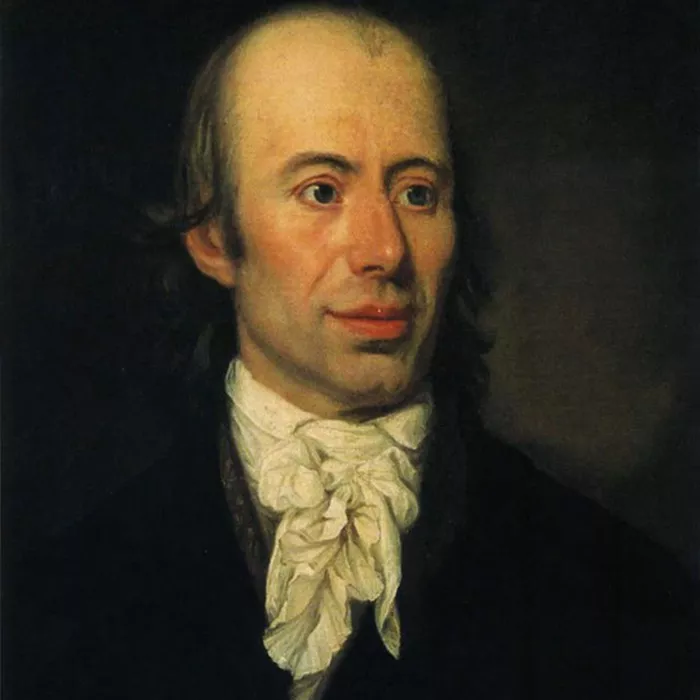
Johann Heinrich Voss
Johann Heinrich Voss (1751–1826) was a notable German poet and translator known for his translations of Homer’s epics and his own lyrical and narrative poetry. His translation of the Iliad and Odyssey brought classical literature to German-speaking audiences, while his original works reflect the influence of Romanticism. Voss’s contributions to German literature and translation remain influential.
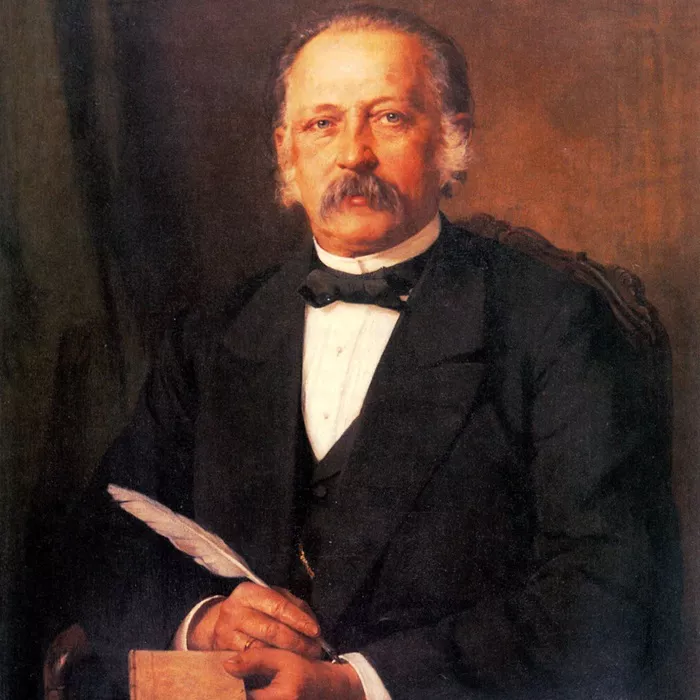
Theodor Fontane
Theodor Fontane (1819–1898) was a renowned German novelist and poet, celebrated for his realistic portrayals of 19th-century German society. His most famous work, Effi Briest, offers a detailed examination of social mores and personal dilemmas. Fontane’s lyrical and narrative contributions reflect his keen observational skills and deep understanding of human nature, making him a central figure in German literature.
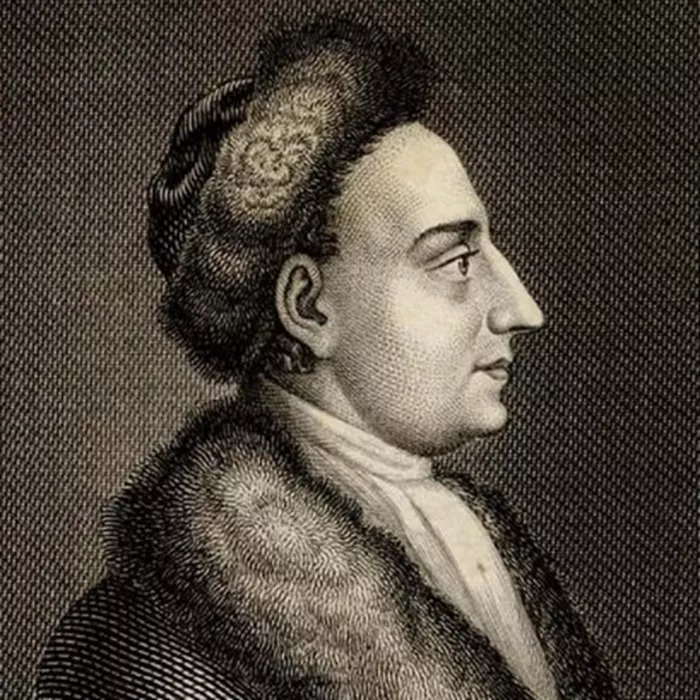
Heinrich Wilhelm von Gerstenberg
Heinrich Wilhelm von Gerstenberg (1737–1823) was a German poet and critic known for his contributions to the Sturm und Drang movement. His influential work, Ugolino, exemplifies his focus on emotional intensity and dramatic themes. Gerstenberg’s writings emphasized individualism and natural expression, aligning with the movement’s challenge to Enlightenment rationalism and establishing his role in literary history.
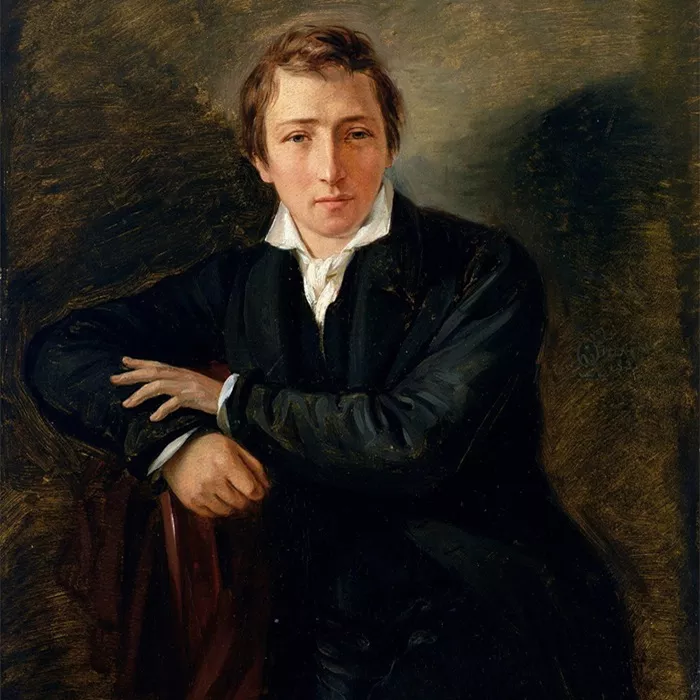
Heinrich Heine
Heinrich Heine (1797–1856) was a leading German poet and essayist known for his sharp wit and lyrical prowess. His works, including Book of Songs, blend romanticism with critical social commentary. Heine’s innovative use of verse and his critique of contemporary society made him a pivotal figure in 19th-century German literature, influencing both literary and political discourse.
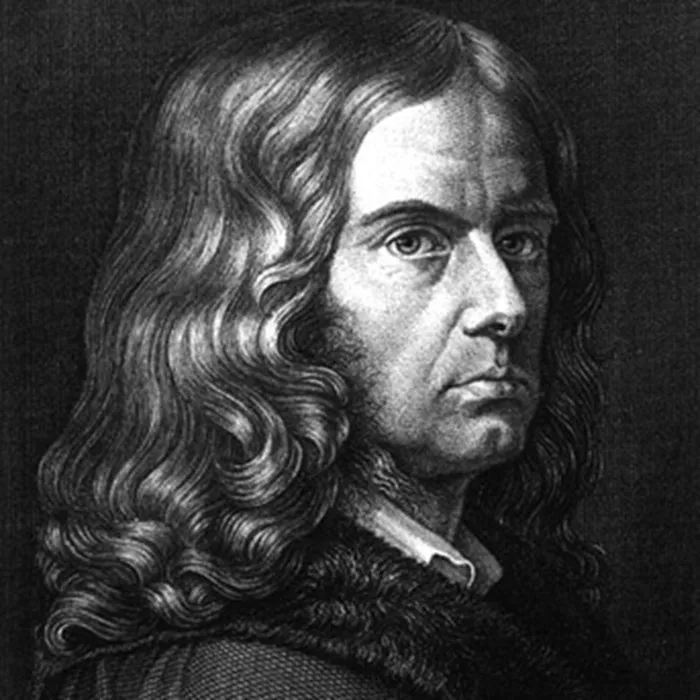
Adelbert von Chamisso
Adelbert von Chamisso (1781–1838) was a German poet and novelist renowned for his work Peter Schlemihl, which explores themes of identity and societal rejection. Chamisso’s poetic and narrative style, marked by its blend of romanticism and critical insight, reflects his unique perspective on human nature and societal norms. His contributions remain influential in German literary tradition.
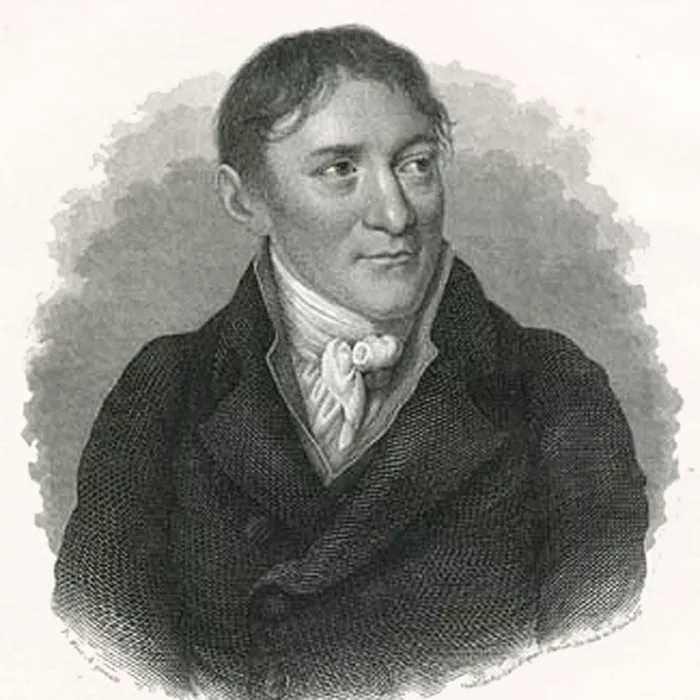
Christoph August Tiedge
Christoph August Tiedge (1752–1841) was a German poet and translator best known for his epic poem Siegwart. His work, characterized by its romantic and idealistic themes, explores personal and philosophical struggles. Tiedge’s contributions to German literature include his refined verse and his role in promoting the Romantic movement’s focus on individual experience and emotional depth.
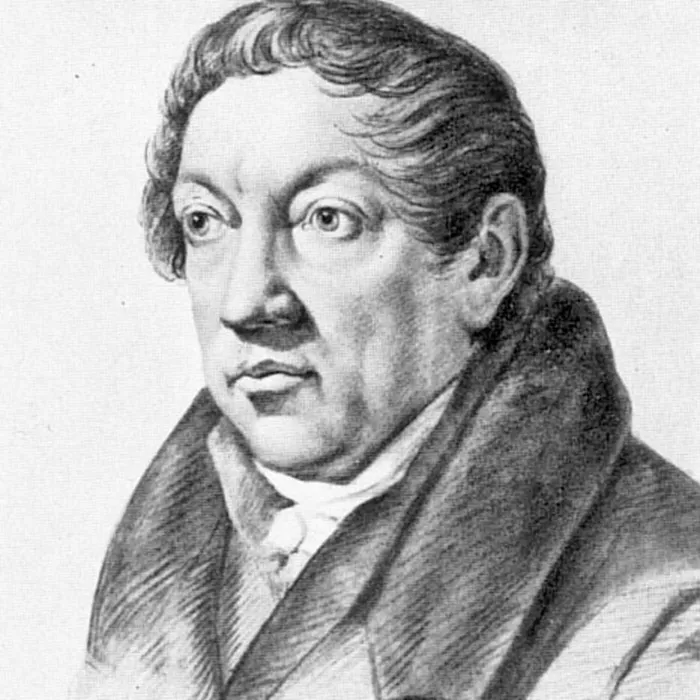
Friedrich Wilhelm Riemer
Friedrich Wilhelm Riemer (1774–1845) was a German poet and editor whose literary career spanned the late 18th and early 19th centuries. Known for his contributions to literary criticism and his role in the German Romantic movement, Riemer’s poetry and critical writings reflect his engagement with contemporary literary debates and his influence on the development of German literary traditions.
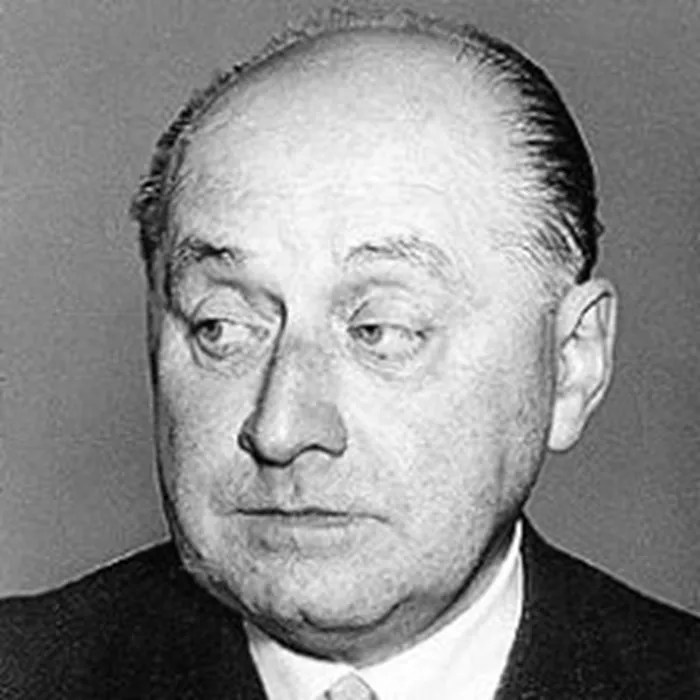
Gottfried Benn
Gottfried Benn (1886–1956) was a prominent German poet and essayist known for his modernist and expressionist works. His poetry often explores themes of decay, existential angst, and the human condition, reflecting his deep engagement with contemporary philosophical and social issues. Benn’s innovative style and critical perspective earned him a significant place in 20th-century German literature.
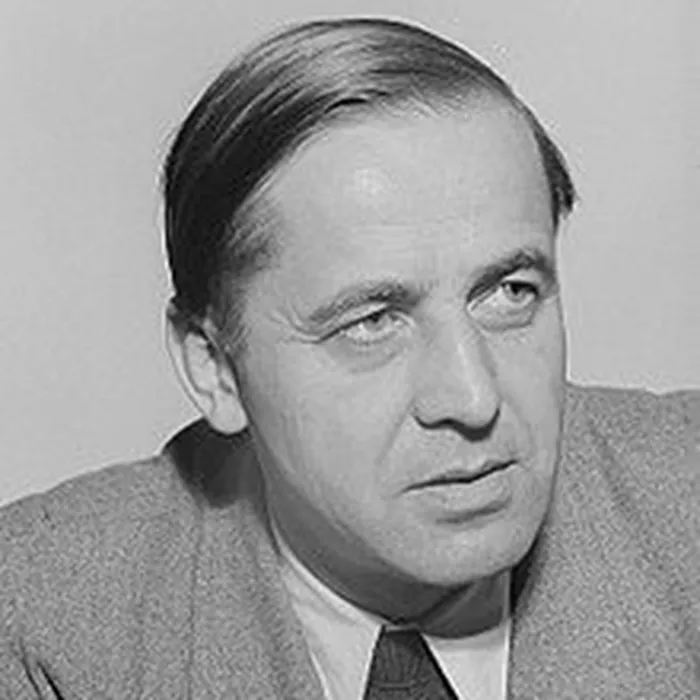
Georg Maurer
Georg Maurer (1907–1971) was a German poet and translator whose work bridged the realms of modernist and classical influences. His poetry, marked by its intellectual rigor and lyrical quality, often delved into themes of human existence and cultural identity. Maurer’s contributions enriched the German literary landscape, showcasing a blend of tradition and modern innovation.
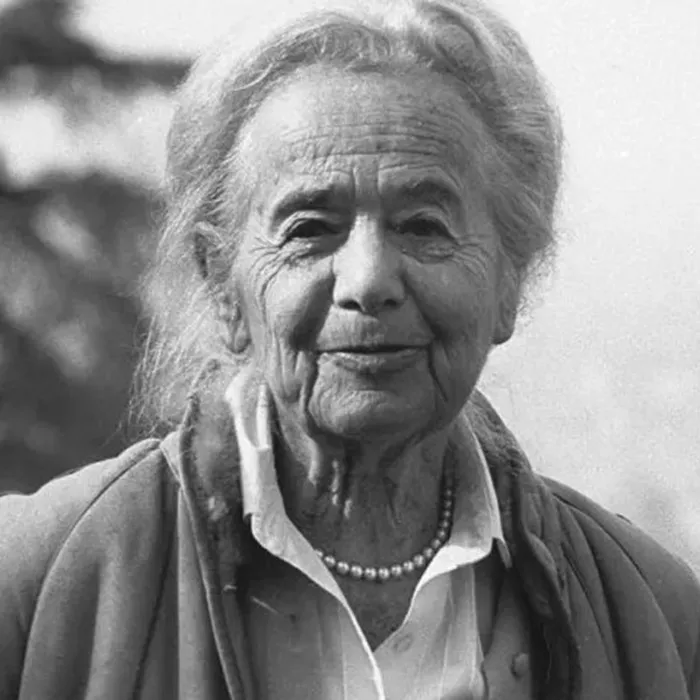
Hilde Domin
Hilde Domin (1909–2006) was a renowned German poet known for her lyrical and poignant verse. Her work, often reflecting themes of exile, loss, and resilience, resonates with deep emotional and existential concerns. Domin’s poetry captures the complexities of the human experience with a profound sensitivity, earning her a respected place in 20th-century German literature.
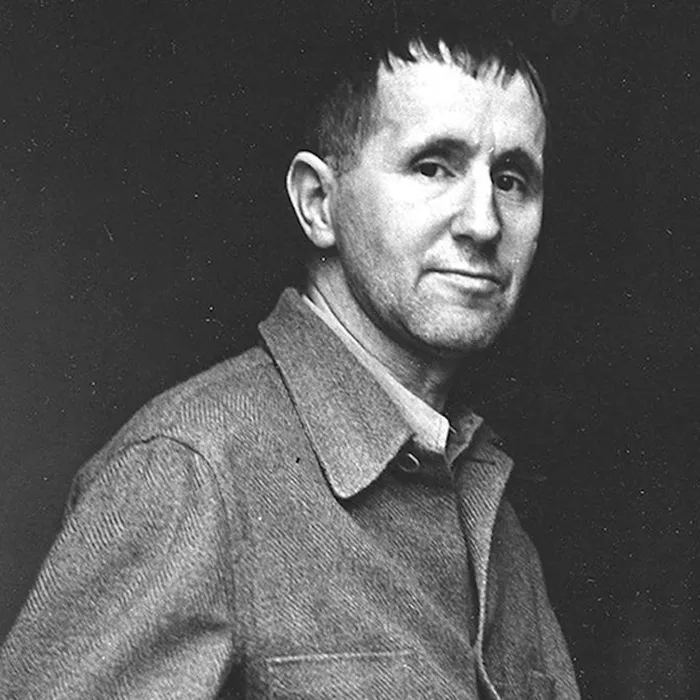
Bertolt Brecht
Bertolt Brecht (1898–1956) was a revolutionary German playwright and poet, celebrated for his development of epic theatre and his critical approach to socio-political issues. His works, including The Threepenny Opera, challenge traditional theatrical conventions and explore themes of social justice and political change. Brecht’s innovative techniques and sharp social commentary have left a lasting impact on modern drama.
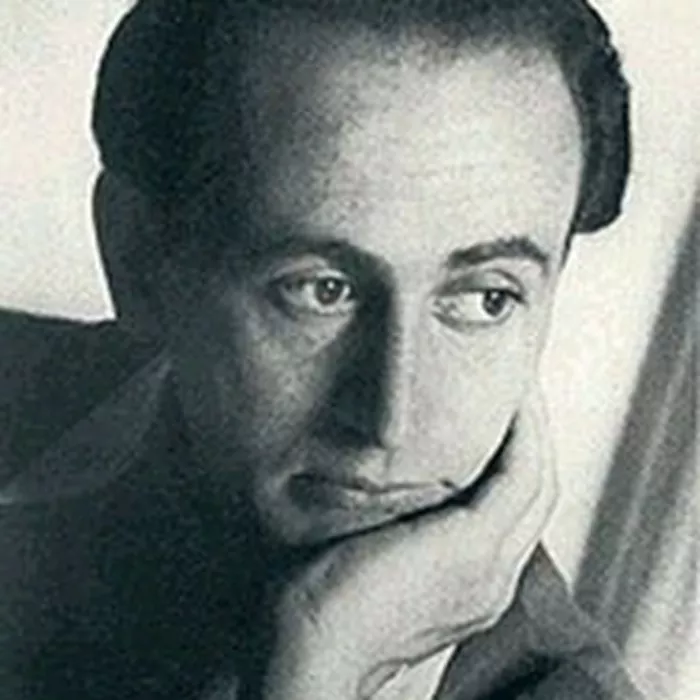
Paul Celan
Paul Celan (1920–1970) was a distinguished German-language poet whose work is known for its profound exploration of memory, trauma, and language. His poetry, often shaped by the Holocaust’s impact, features dense imagery and existential themes. Celan’s innovative use of language and his deep reflection on human suffering have made him a pivotal figure in contemporary literature.
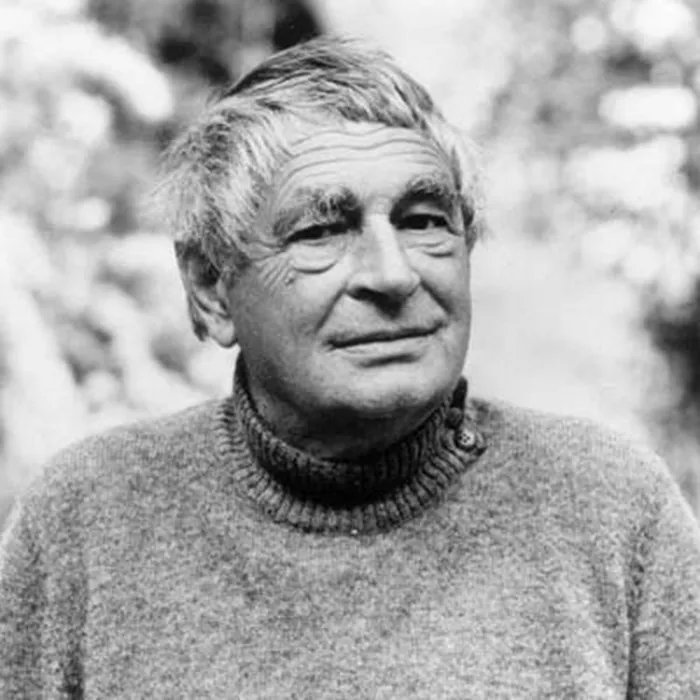
Peter Huchel
Peter Huchel (1903–1981) was a notable German poet and editor renowned for his contemplative and introspective verse. His poetry, characterized by its meticulous craftsmanship and philosophical depth, often explores themes of nature, history, and the inner self. Huchel’s work reflects his engagement with both personal and universal concerns, solidifying his place in German literary tradition.
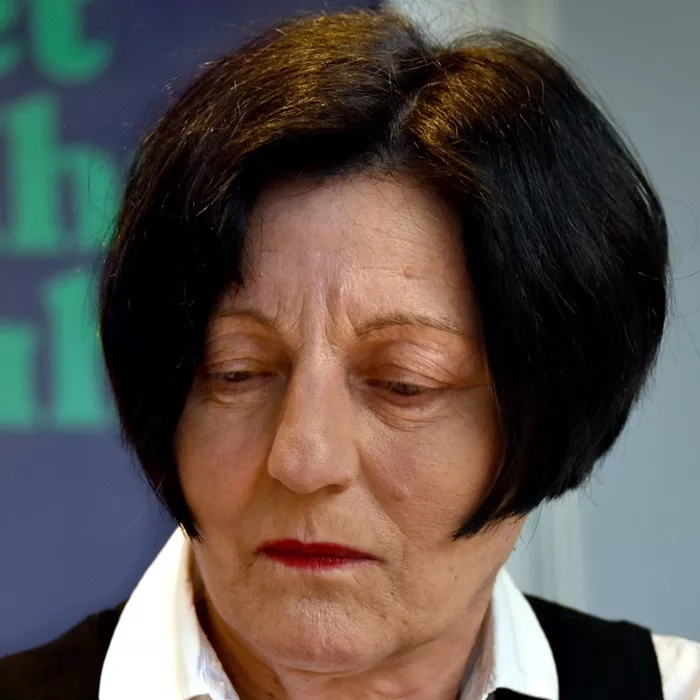
Herta Müller
Herta Müller (1953-) is a celebrated Romanian-German poet and novelist known for her evocative and harrowing portrayals of life under totalitarian regimes. Her works, including The Land of Green Plums, reflect her experiences of oppression and exile with striking linguistic precision and emotional depth. Müller’s contributions to literature have earned her the Nobel Prize in Literature in 2009.
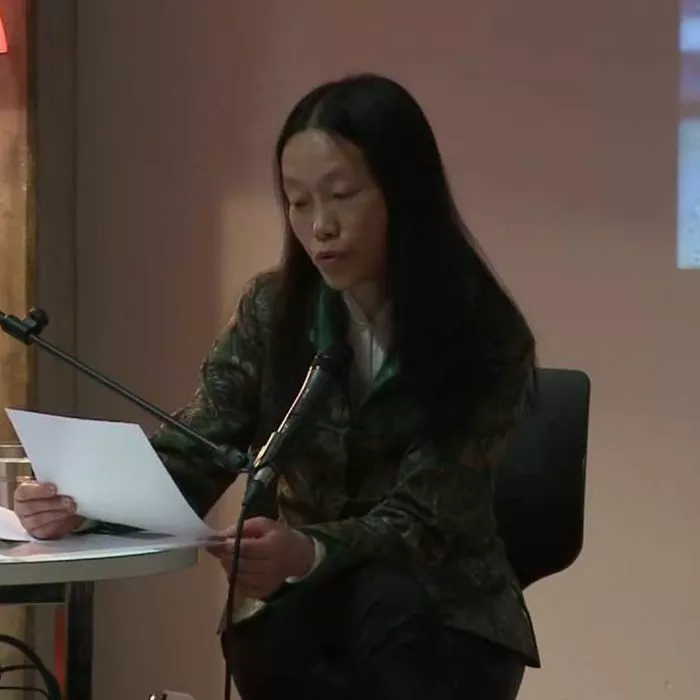
Xu Pei
Xu Pei (1966-) is a contemporary Chinese poet recognized for his innovative approach to language and form. His poetry often explores themes of identity, cultural transition, and the interplay between tradition and modernity. Xu’s work reflects a deep engagement with both personal and collective experiences, contributing to the rich tapestry of 21st-century Chinese literature.
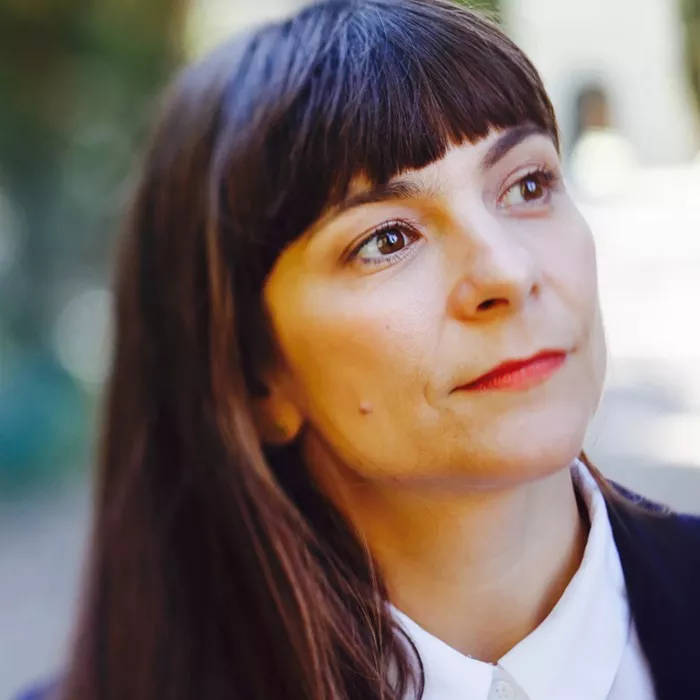
Uljana Wolf
Uljana Wolf (1979-) is a prominent German poet and translator known for her distinctive and experimental use of language. Her works, including Fallensteller, often explore themes of identity, multilingualism, and cultural intersection. Wolf’s innovative approach to poetry and her engagement with contemporary issues have established her as a significant voice in modern German literature.
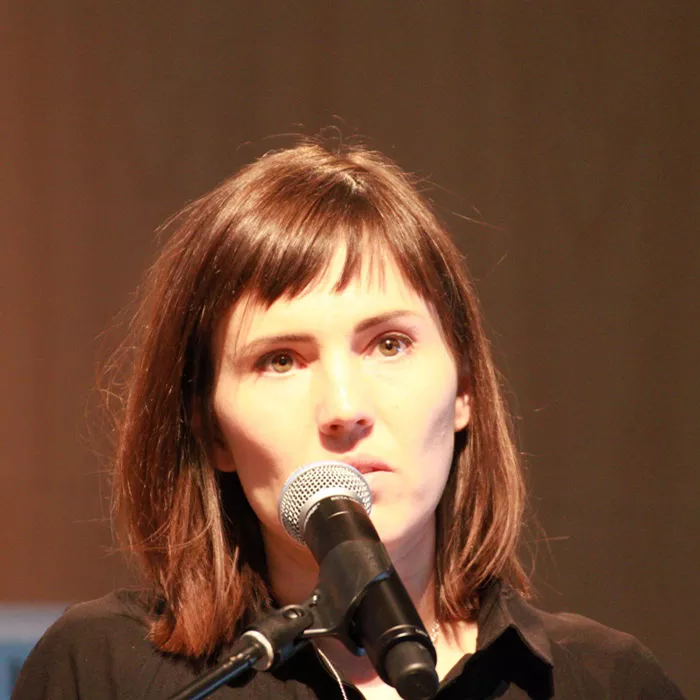
Mara-Daria Cojocaru
Mara-Daria Cojocaru (1980-) is a Romanian poet and editor whose work engages with themes of language, identity, and the complexities of post-communist societies. Her poetry, characterized by its introspective and lyrical qualities, offers nuanced reflections on personal and collective experiences. Cojocaru’s contributions highlight the evolving landscape of contemporary Eastern European literature.
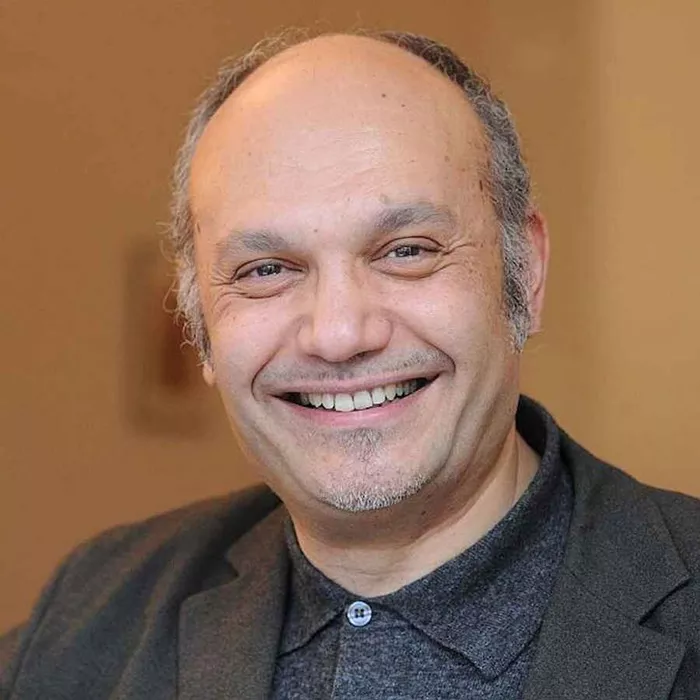
Zafer Şenocak
Zafer Şenocak (1961-) is a Turkish-German poet and essayist known for his exploration of themes such as migration, cultural identity, and integration. His poetry, including works like The Land of the Unspoken, blends lyrical intensity with socio-political commentary. Şenocak’s diverse literary output and critical perspective have made him a significant figure in contemporary European literature.
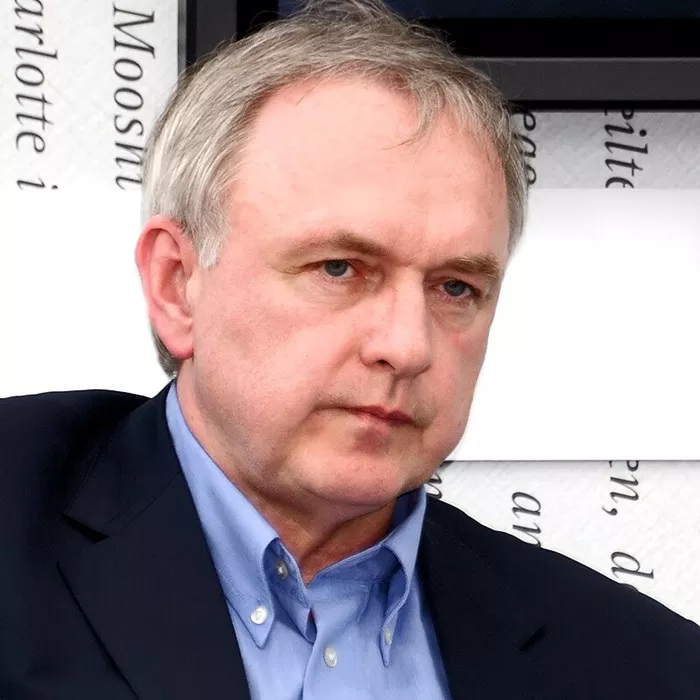
Hans-Ulrich Treichel
Hans-Ulrich Treichel (1952-) is a German poet and novelist whose work often addresses themes of memory, history, and the search for identity. His poetry and prose are characterized by their introspective and reflective qualities, exploring the complexities of personal and collective experiences. Treichel’s contributions to German literature highlight his nuanced understanding of contemporary issues.
